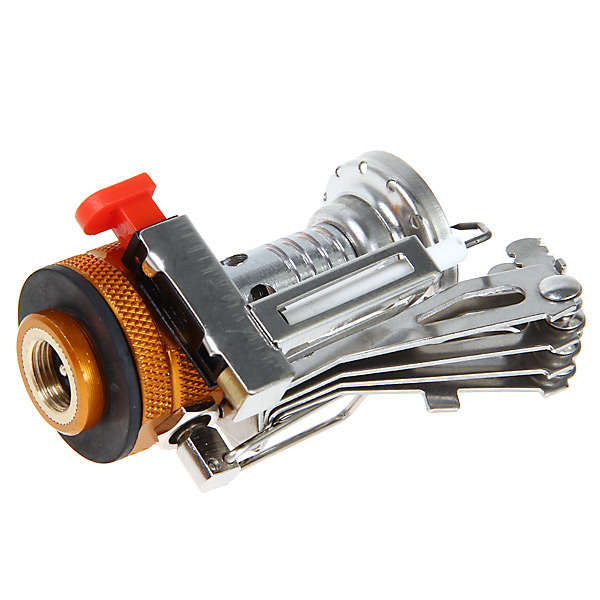
Incompatible with IndustrialCraft 2 till 1.7.10.This can be changed in Mekanism's config file. These conversion rates are set by default. This module contains all the plastic blocks, baby mobs, and more This module contains all of the tools, including the famed Paxel, and the necessary machines to make them. Mekanism has four tiers of its machines and crafting components: Basic, Advanced, Elite, and Ultimate. It is centered around a tiered system of technological advancement. ago Extra Utilities is in the pack: easy cobble gen with transfer nodes Wiregeek 7 yr. ago If you want to bulk mine but cheery pick instead of quarry, the digital miner from Mekanism is brutal.
Transfer rate of mekanism quantum entangler mod#
This module contains all of the energy generators that are added by Mekanism. Mekanism is a mod by aidancbrady and unpariedbracket, with contributions from Calclavia, micdoodle8, and pixlepix. also mekanism quantum entangler pobiega 7 yr. It is playable without the other modules. It contains all of the basic features and dependencies for the other modules to use. Mekanism comes in three different modules, Mekanism, Mekanism Generators, Mekanism Tools, and "Mekanism Additions". Furthermore, Mekanism provides 4 tiers of ore-processing systems to produces up to 5 ingots out of 1 ore (see Mekanism Ore-Processing). The mod used to use Universal Electricity energy system till 1.6.4. Mekanism uses its own energy system of Joules, but is compatible with (and can be configured to use) Redstone Flux, Minecraft Joules, and Energy Units. All of these tiers are used in the various core features, such as Factories, which are higher-capacity versions of the basic machines, and Energy Cubes, used to store energy. Army Research Office.Mekanism is a mod by aidancbrady and unpariedbracket, with contributions from Calclavia, micdoodle8, and pixlepix. Yale scientists are at the forefront of efforts to develop the first fully useful quantum computers and have done pioneering work in quantum computing with superconducting circuits.Īdditional authors of the study are Kevin Chou, Luigi Frunzio, Michel Devoret, Liang Jiang, and Steven Girvin. The discovery is just the latest step in Yale’s quantum research work. “We can now choose any desired codes or even change them on the fly without having to re-wire the operation,” said co-first author Brian Lester. The universal entangler mitigates this limitation by providing a gate between any desired input states. That means that each cable could output at max speed simultaneously if there is enough energy being input. For example, if you have x ultimate cables, the transfer rate from one of them (say, into a machine) is not limited to 320000, but rather 320000 x. However, each of them requires wiring up a new set of tailored operations, introducing a significant hardware overhead and reduced versatility.” Note that the transfer rate for the network increases as the number of cables increases. “Scientists have invented a wealth of hardware-efficient, quantum error correction codes - each one cleverly designed with unique characteristics that can be exploited for different applications. “This universal entangler is critical for robust quantum computation,” said Yvonne Gao, co-first author of the study. Yale researchers have created a way to entangle a variety of encoded particles on demand. In the study, researchers demonstrated the new technology by deterministically entangling encoded states in any chosen configurations or codes, each housed in two otherwise isolated, 3D superconducting microwave cavities. The entangling mechanism is called an exponential-SWAP gate.

“It’s a much more sophisticated operation than what has been performed previously.” “We’ve shown a new way of creating gates between logically-encoded qubits that can eventually be error-corrected,” said Schoelkopf, the Sterling Professor of Applied Physics and Physics at Yale and director of the Yale Quantum Institute. To implement faithful quantum computation, scientists say, they need “logical” qubits whose errors can be detected and rectified using quantum error correction codes. Quantum calculations are accomplished with delicate bits of data called qubits, which are prone to errors. The research is led by the Yale laboratory of Robert Schoelkopf and appears in the journal Nature. The discovery represents a powerful new mechanism with potential uses in quantum computing, cryptography, and quantum communications. Now Yale researchers have developed a “universal entangler” that can link a variety of encoded particles on demand. One of the key concepts in quantum physics is entanglement, in which two or more quantum systems become so inextricably linked that their collective state can’t be determined by observing each element individually.


 0 kommentar(er)
0 kommentar(er)
